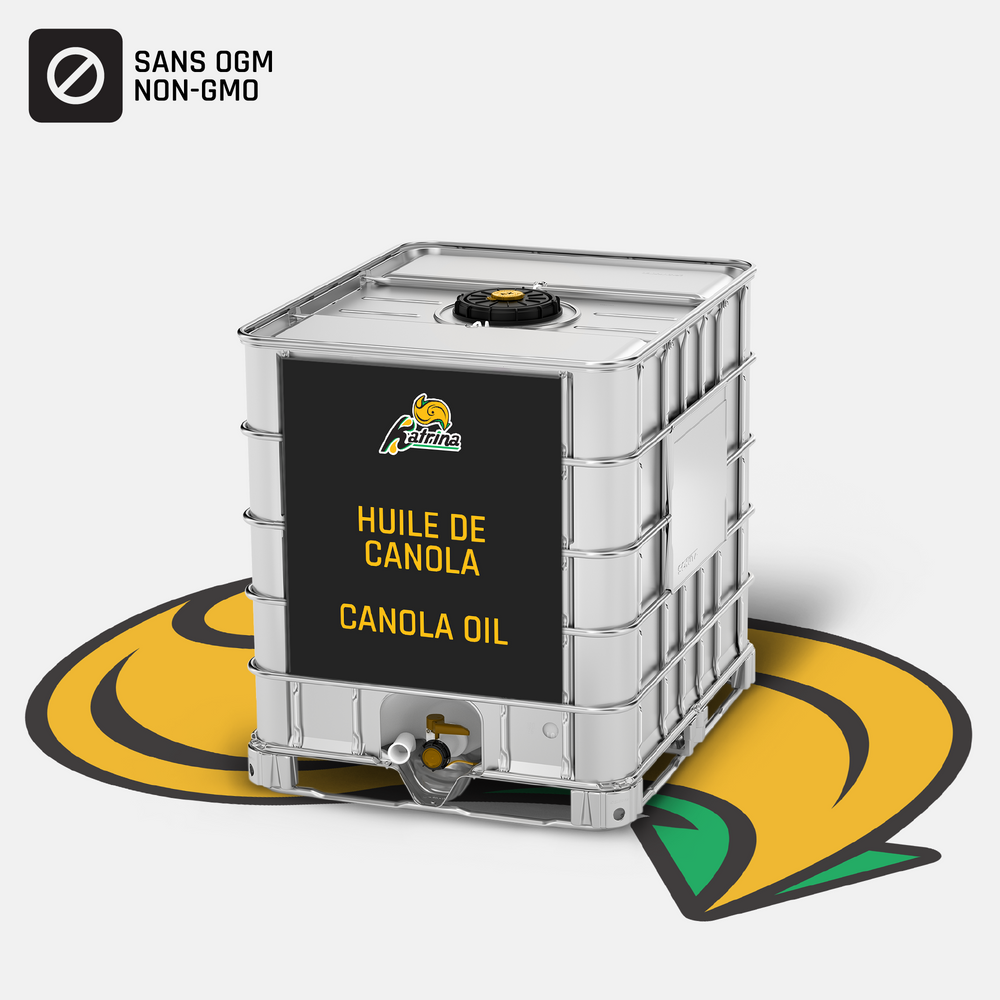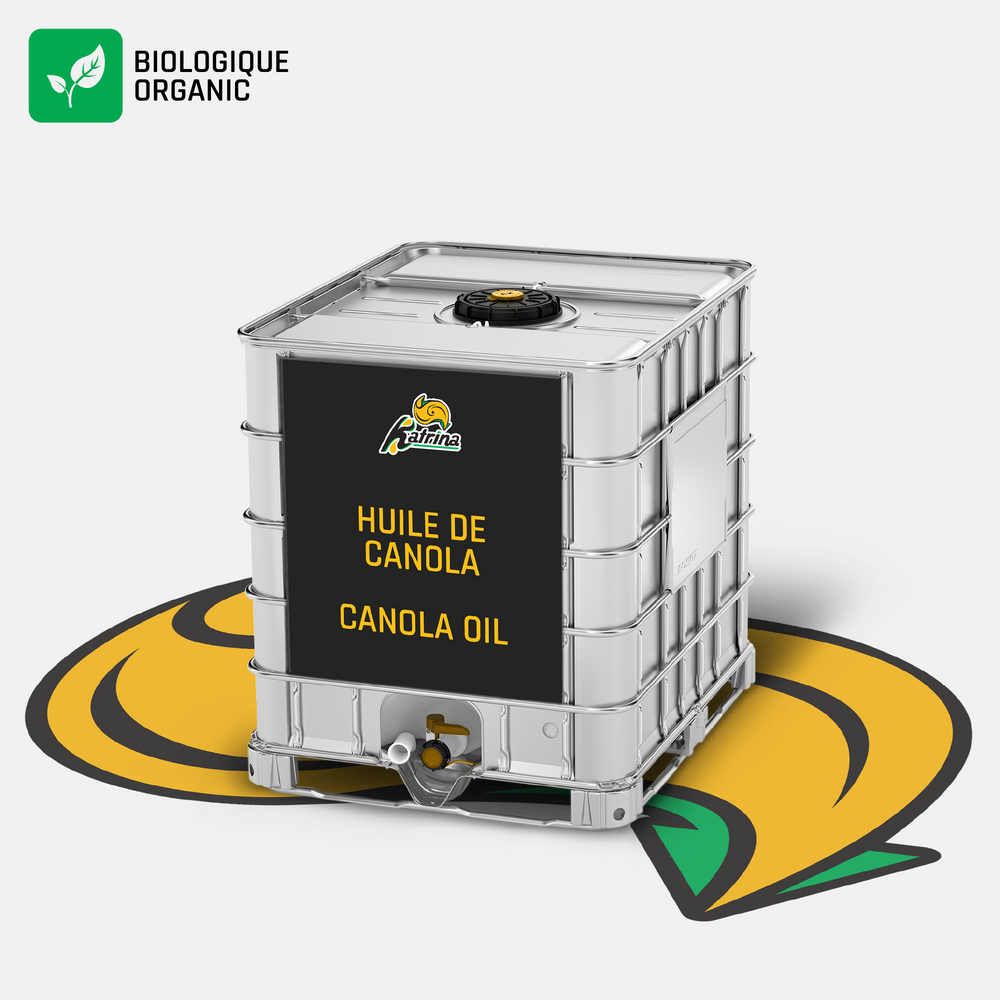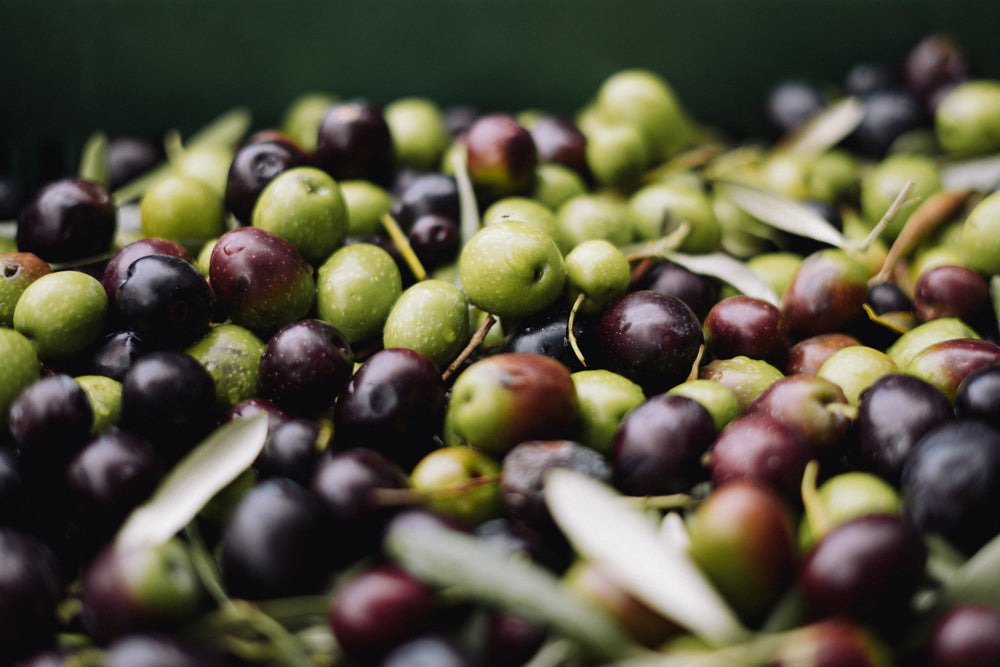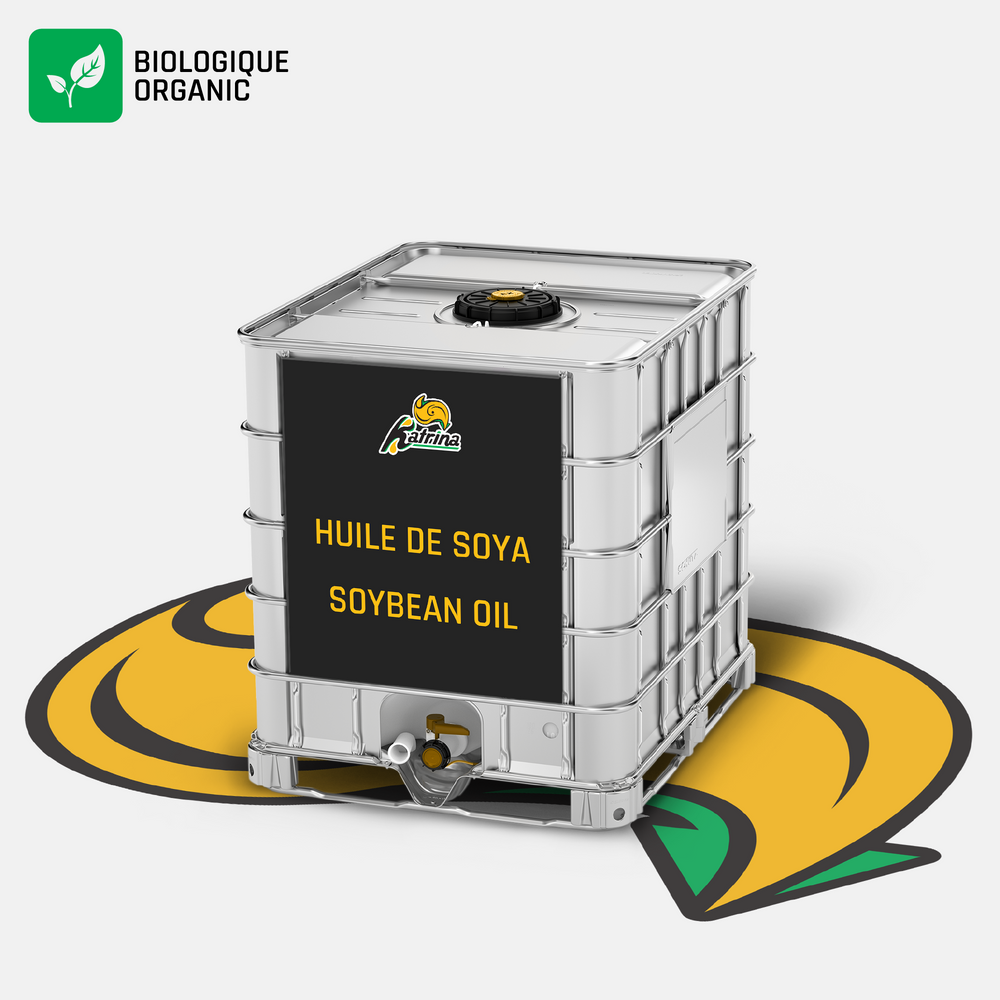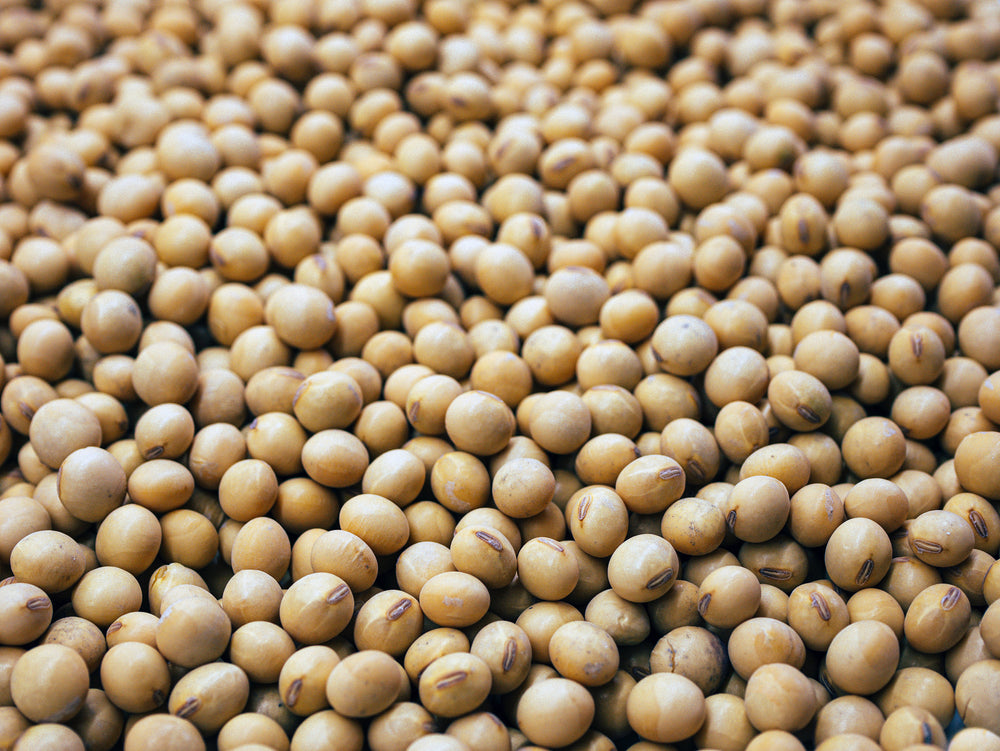A Guide to Our Specialty Products: Non-GMO Oils, Organic Oils, and More.
As a business owner, you know the importance of providing high-quality products to your customers. One of the key areas where you can stand out from the competition and invest in the quality of your products is by offering specialty ingredients that provide varied benefits to your consumers. In this blog post, we'll take a closer look at six of our specialty oils that you should consider carrying: Non-GMO canola oil, organic extra virgin olive oil, regular extra virgin olive oil, RBD canola oil, organic canola oil, and soybean oil.
Non-GMO Canola Oil
Non-GMO canola oil is a great alternative to conventional canola oil. This oil is made from canola seeds that have not been genetically modified, making it a healthier and more sustainable choice. Non-GMO canola oil is also versatile and has a high smoke point, which makes it perfect for frying, sautéing, and baking.
Organic Extra Virgin Olive Oil
Organic extra virgin olive oil is one of the most popular and highly sought-after oils in the market. It is made from cold-pressed organic olives, which give it a distinct, fruity flavor. Organic extra virgin olive oil is a great source of healthy fats and antioxidants, making it a popular choice for cooking, salad dressings, and dips.
Regular Extra Virgin Olive Oil
Regular extra virgin olive oil is another excellent choice for cooking and baking. It is made from high-quality olives and has a slightly more subtle flavour than organic extra virgin olive oil. Regular extra virgin olive oil also has a high smoke point, making it perfect for sautéing and roasting.
RBD Canola Oil
RBD canola oil stands for "refined, bleached, and deodorized" canola oil. This oil has been refined to remove impurities, making it a more stable and longer-lasting product. RBD canola oil is also odourless and tasteless, making it ideal for use in baking and cooking applications where you don't want the flavour of the oil to overpower the other ingredients.
Organic Canola Oil
Organic canola oil is a great choice for those who prefer organic products, such as those appealing to a highly health conscious audience. This oil is made from organic canola seeds, which have not been genetically modified or treated with synthetic pesticides. Organic canola oil has a neutral flavour and a high smoke point, making it a great all-purpose oil.
Soybean Oil
Soybean oil is a versatile and widely used oil that is extracted from soybeans. It has a mild flavour and a high smoke point, making it a popular choice for frying, baking, and sautéing. Soybean oil is also a good source of healthy fats and vitamin E. In the end, as a business it's important to choose the right oils to meet the needs of your end consumers.
By choosing any of the specialty oils listed above, you'll be able to provide high-quality, healthy, and/or sustainable options to your customers. Whether they're looking for non-GMO options, organic products, or versatile cooking oils, your business will be able to meet their needs and stand out from the competition. So why wait? Start exploring these specialty oils today!

